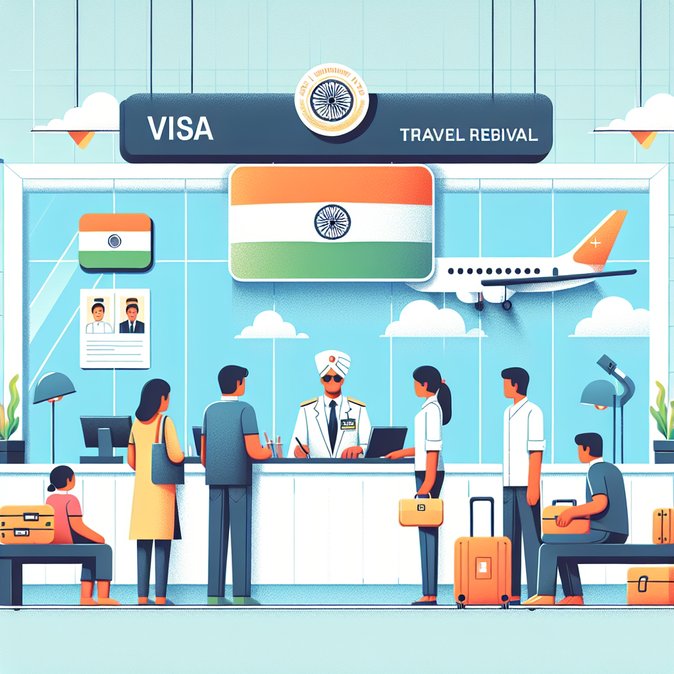
Chandigarh police on 23 November registered a cheating case against World Walk Immigration, a Sector-17 consultancy accused of duping six job-seekers of a combined ₹9.8 lakh. Complainant Lalit Kumar told investigators that the firm took cash and issued a fake medical test and offer letter for a purported construction job in Luxembourg before cutting contact.
The First Information Report names proprietor Anubhav Garg and two staff members under Sections 406 and 420 of the Bharatiya Nyaya Sanhita. No arrests had been made at press time, but officers said bank records and CCTV footage were being collected. Police are also probing whether the accused used social-media advertising to lure additional victims in neighbouring Punjab and Haryana.
![Chandigarh immigration firm booked for ₹9.8 lakh Luxembourg work-visa scam]()
While the monetary value is modest, the incident illustrates the thriving cottage industry of unlicensed migration agents in India’s tier-two cities. The Ministry of External Affairs has repeatedly urged outbound workers to verify recruiters under the Emigration Act and use the government’s eMigrate portal. Yet many applicants continue to rely on local agents who promise quick processing for non-traditional destinations.
Corporate mobility teams should remind employees and dependants that legitimate work visas for Europe require employer sponsorship, consular-issued entry permits and biometric capture—services no private Indian agent can legally guarantee. Multinationals with factory workforces in the region may also consider in-house awareness sessions to curb “visa-lottery” scams that destabilise retention and morale.
The First Information Report names proprietor Anubhav Garg and two staff members under Sections 406 and 420 of the Bharatiya Nyaya Sanhita. No arrests had been made at press time, but officers said bank records and CCTV footage were being collected. Police are also probing whether the accused used social-media advertising to lure additional victims in neighbouring Punjab and Haryana.

While the monetary value is modest, the incident illustrates the thriving cottage industry of unlicensed migration agents in India’s tier-two cities. The Ministry of External Affairs has repeatedly urged outbound workers to verify recruiters under the Emigration Act and use the government’s eMigrate portal. Yet many applicants continue to rely on local agents who promise quick processing for non-traditional destinations.
Corporate mobility teams should remind employees and dependants that legitimate work visas for Europe require employer sponsorship, consular-issued entry permits and biometric capture—services no private Indian agent can legally guarantee. Multinationals with factory workforces in the region may also consider in-house awareness sessions to curb “visa-lottery” scams that destabilise retention and morale.


